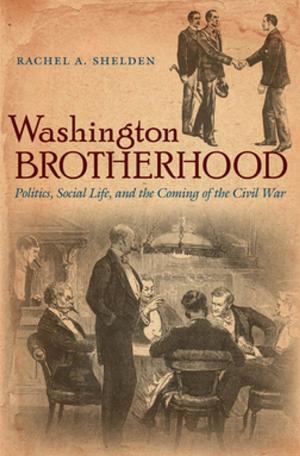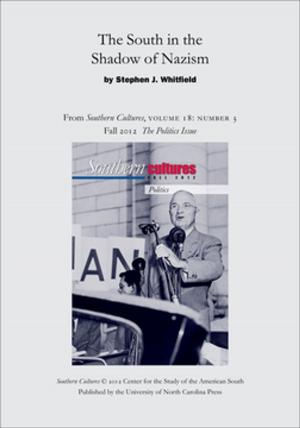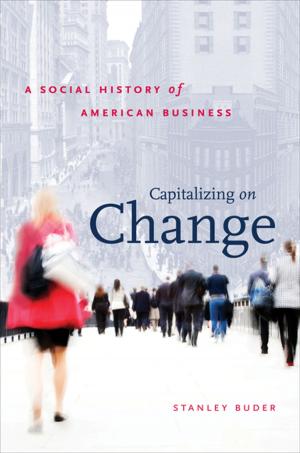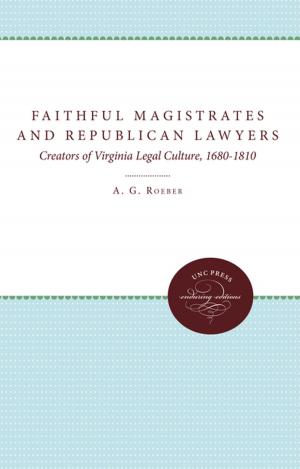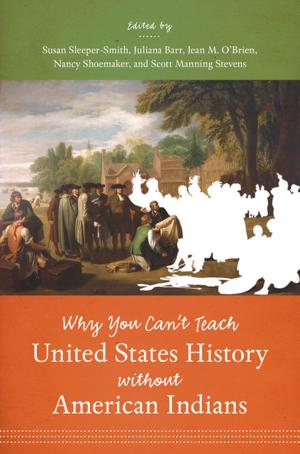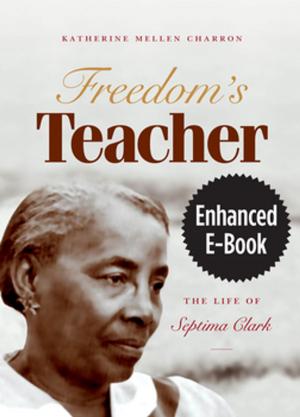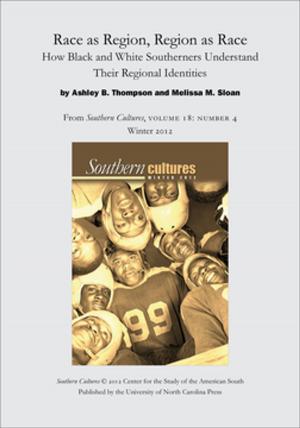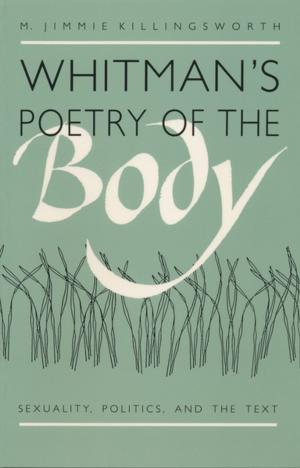Critical Americans
Victorian Intellectuals and Transatlantic Liberal Reform
Fiction & Literature, Literary Theory & Criticism, British, American, Nonfiction, History, Americas, United States, 19th Century| Author: | Leslie Butler | ISBN: | 9780807877579 |
| Publisher: | The University of North Carolina Press | Publication: | January 5, 2009 |
| Imprint: | The University of North Carolina Press | Language: | English |
| Author: | Leslie Butler |
| ISBN: | 9780807877579 |
| Publisher: | The University of North Carolina Press |
| Publication: | January 5, 2009 |
| Imprint: | The University of North Carolina Press |
| Language: | English |
In this intellectual history of American liberalism during the second half of the nineteenth century, Leslie Butler examines a group of nationally prominent and internationally oriented writers who sustained an American tradition of self-consciously progressive and cosmopolitan reform. She addresses how these men established a critical perspective on American racism, materialism, and jingoism in the decades between the 1850s and the 1890s while she recaptures their insistence on the ability of ordinary citizens to work toward their limitless potential as intelligent and moral human beings.
At the core of Butler's study are the writers George William Curtis, Thomas Wentworth Higginson, James Russell Lowell, and Charles Eliot Norton, a quartet of friends who would together define the humane liberalism of America's late Victorian middle class. In creative engagement with such British intellectuals as John Stuart Mill, Thomas Carlyle, Matthew Arnold, Leslie Stephen, John Ruskin, James Bryce, and Goldwin Smith, these "critical Americans" articulated political ideals and cultural standards to suit the burgeoning mass democracy the Civil War had created. This transatlantic framework informed their notions of educative citizenship, print-based democratic politics, critically informed cultural dissemination, and a temperate, deliberative foreign policy. Butler argues that a careful reexamination of these strands of late nineteenth-century liberalism can help enrich a revitalized liberal tradition at the outset of the twenty-first century.
In this intellectual history of American liberalism during the second half of the nineteenth century, Leslie Butler examines a group of nationally prominent and internationally oriented writers who sustained an American tradition of self-consciously progressive and cosmopolitan reform. She addresses how these men established a critical perspective on American racism, materialism, and jingoism in the decades between the 1850s and the 1890s while she recaptures their insistence on the ability of ordinary citizens to work toward their limitless potential as intelligent and moral human beings.
At the core of Butler's study are the writers George William Curtis, Thomas Wentworth Higginson, James Russell Lowell, and Charles Eliot Norton, a quartet of friends who would together define the humane liberalism of America's late Victorian middle class. In creative engagement with such British intellectuals as John Stuart Mill, Thomas Carlyle, Matthew Arnold, Leslie Stephen, John Ruskin, James Bryce, and Goldwin Smith, these "critical Americans" articulated political ideals and cultural standards to suit the burgeoning mass democracy the Civil War had created. This transatlantic framework informed their notions of educative citizenship, print-based democratic politics, critically informed cultural dissemination, and a temperate, deliberative foreign policy. Butler argues that a careful reexamination of these strands of late nineteenth-century liberalism can help enrich a revitalized liberal tradition at the outset of the twenty-first century.



